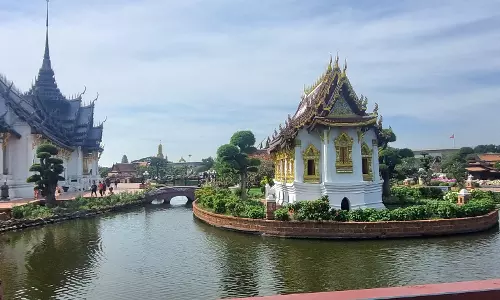2017 Nobel Peace Prize awarded to ICAN anti-nuclear campaign
The award had been made in recognition of for its work to draw attention to the catastrophic humanitarian consequences;

ICAN describes itself as a coalition of grassroots non-government groups in more than 100 nations. It began in Australia and was officially launched in Vienna in 2007.
The International Campaign to Abolish Nuclear Weapons (ICAN) is the winner of the 2017 Nobel Peace prize.
The chair of the Norwegian Nobel Committee, Berit Reiss-Andersen, said the award had been made in recognition of “for its work to draw attention to the catastrophic humanitarian consequences of any use of nuclear weapons and for its ground-breaking efforts to achieve a treaty-based prohibition of such weapons”.
ICAN describes itself as a coalition of grassroots non-government groups in more than 100 nations. It began in Australia and was officially launched in Vienna in 2007.
In July, 122 nations adopted a U.N. Treaty on the Prohibition of Nuclear Weapons, but nuclear-armed states including the United States, Russia, China, Britain and France stayed out of the talks.
The Nobel prize seeks to bolster the case of disarmament amid nuclear tensions between the United States and North Korea and uncertainty over the fate of a 2015 deal between Iran and major powers to limit Tehran’s nuclear programme.
U.S. President Donald Trump has called the Iran agreement the “worst deal ever negotiated” and a senior administration official said on Thursday that Trump is expected to announce soon that he will decertify the landmark pact.
The coveted prize is given to a person, or group of people, who have “done the most or the best work for fraternity between nations”.
Since 1901, 97 Nobel peace prizes have been awarded to 30 different laureates. Malala Yousafzai, Martin Luther King and Mother Teresa are among that distinguished group.
(With Agency Inputs)


